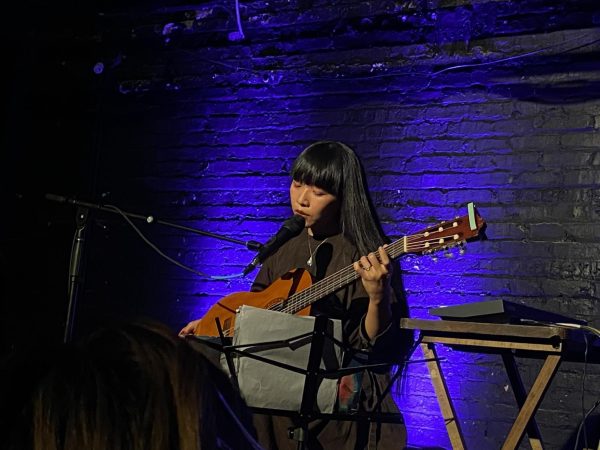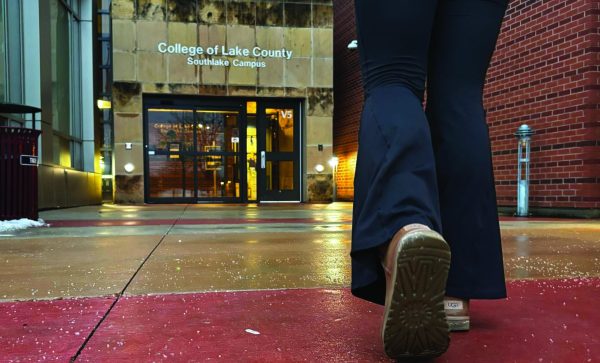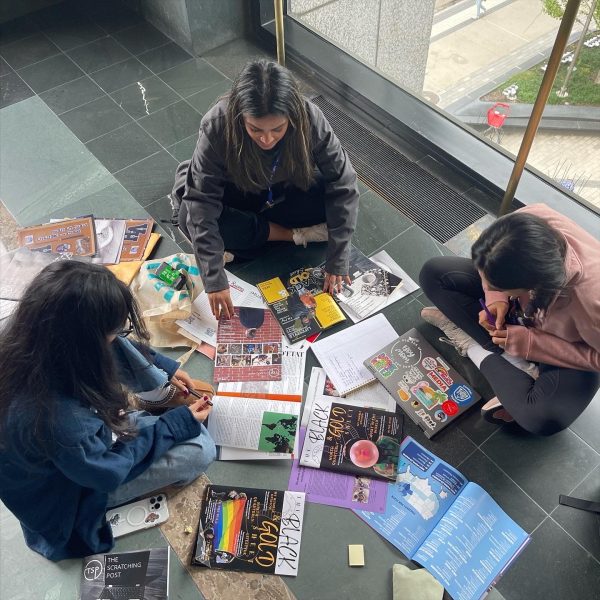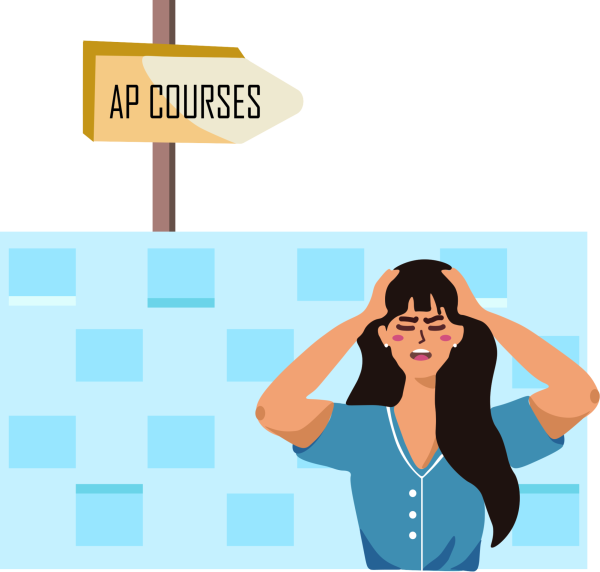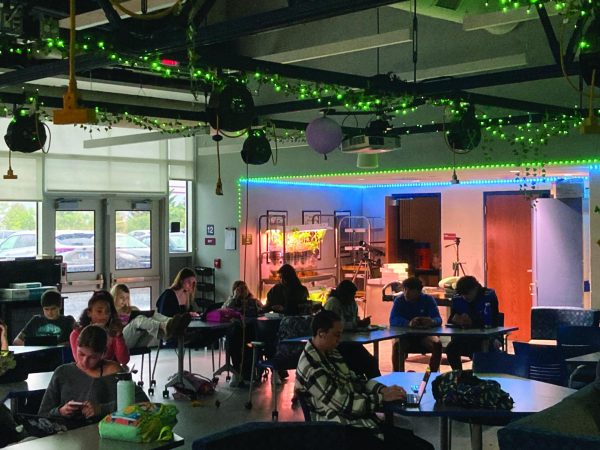The science of music
Since the beginning of time, one institution has lacked the revolutionary innovation that other institutions have seen; the classroom. This change needs to occur before we platou as a society.
Let’s introduce the finest of all arts: fine arts. These optional classes that the majority of high schools offer today are disregarded in search for a core class.
This is the unfortunate case for our youth today. Band teacher Ms. Nichol says that students who are involved in fine arts do better in school.
In math class, we are taught correct and incorrect. Yes, there are insignificant mistakes that can be worked around and played with, but in the end of the day, you’re either right or wrong. This applies to any other core class that is required in order for that diploma we all dream about. We need to step out of this bland state of correctness and open the doors to a world where these ideas can’t be deemed black and white, right and wrong, yes or no. Instead, by level of beauty.
According to humanmemory.net, entirely lacking appreciation for music is considered a brain impairment. That’s just it. If you don’t like music, there is something wrong with your encephalic chemistry.
Given this idea, let’s compare it to the system emphasizes core classes. The majority of students can admit that they don’t enjoy school. There are people that like a specific class because of the teacher or subject, but for the majority; school is a chore, a boring place to be with fixed expectations.
So the real question is, why should we indulge in music? Let’s talk science.
According to Human Memory, the brain is home to trillions of neuroconnections. The majority of the way we live our lives and do what we do is in direct response to stimulus: the world around us. In summary, these neurons pass signals and these signals impact the way we feel which can is a subconscious motive to do and act the way we do. Just as there are things that make us happy, there are things that make us sad. There are reasons from stress, and in conjunction, reasons for relaxation. These states of being are utterly derived from the stimulus in our everyday lives.
The problem boils down to the lack of understanding of how to respond to these frequent emotions.
Well, music is an expression– one that is a direct expression of feeling and emotion. Any song, with or without words; any composition, two or ten instruments; any singular piece of music is a direct expression of emotion. The tempo, tonality, scale, rhythm, and dynamic contributes to these expressions.
The most fascinating part, is that even without any knowledge of music or theory, we as humans, still understand the underlying emotion that this piece is trying to portray. Music allows an individual the freedom to express and create whatever they may want to. This is how music ties into our lives at school. We are praised for correctness. How can we take the mass population and sit them down in a classroom with the expectations of comprehending without any compassion or sympathy for those who think differently?
“Creativity should not be something we only promote in young children, it should be something encouraged throughout one’s life.”
— Mr. Russell
The first implication of music into today’s schools needs to be taken from the perspective of the diversity in our student bodies. Although every student is different in who can and can’t sit down and consume hours upon hours of concrete information, the population of students who involve music one way or another are the obvious majority.
Therefore, music classes are a place where every student can express themselves. It goes without saying that the information taught in these core classes is infinitely important, but the idea that every student has the same grasp on these concepts is entirely ignorant.
So we find that a large population of students experience stress, accompanied with depression and anxiety which are all a result of today’s schooling system. The solution doesn’t go as far as eliminating these inevitable causes, but introducing music classes where students can express these feelings through music can be a very probable counteraction on these already existent problems.
These ideas of implementation all relate back to one central value: expression. How is it that through numerous studies done where children exceed the adult mind creatively on many different occasions, that we, as a progressive society have not instilled a solution to this burden?
Music not only retains our creativity, but it also teaches us skills that can be applied in any field of study. These skills go as far as instilling and teaching discipline, that practice is important in mastery, that time management and precision can be applied anywhere where you may search from success.
Simply said, “Without music, we are not ourselves,” said Orchestra Director, Mr. Dana Green.
After interviews with three qualified educators, it’s clear that we as society are on the precipice of a problem; our happiness and feeling of accomplishment in secondary education are solely based on the scores assigned in these classes. We’ve given up all other attributes of a successful student in hopes that they will seek and reach for the first letter of the alphabet.
So we are left with no choice but to innovate, this which what we are best at. Let us as humanity open the doors into a generation with a greater potential and a stronger desire to achieve what they deem success entails, not what society instills.



